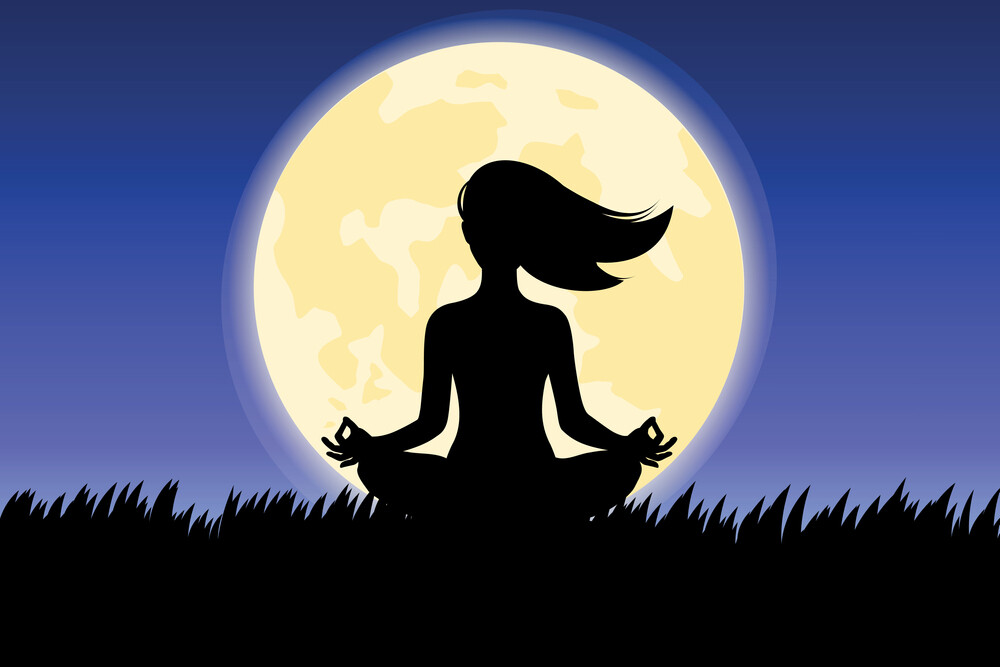The fact that the birth rate increases during a full moon is a refuted myth. However, it affects our body in a different way. We reveal how!
On average there is a full moon every 29 days – but how does this event actually affect our body? Some people feel the influence of the moon more clearly than others, and for them it has a strong impact on their daily lives. 4 Influences that the full moon can have:
1. Full moon slows down the body
The full moon should have a concentrating and uplifting effect on our body. It stores our energy and regenerates the body – accordingly the physical performance is in resting mode at this time. You may also notice that you tend to relax rather than perform at your best during this time.
2. Influence on sleep
We have already guessed it: As soon as the moon increases, the quality of sleep decreases. As a Swiss study has shown, we are in deep sleep 30 percent less during a full moon than during the rest of the month. The bottom line is that the night’s rest is shortened by a total of 20 minutes. The participants in the study also subjectively rated their sleep in this phase of the moon as worse. And the hormone levels also fell: In the body of the test persons only half as much melatonin (a sleep-promoting hormone) was released as during other phases of the moon.
3. Sweets take revenge twice
Can we lose weight with the moon? Although this has not been scientifically proven, it is still assumed that the body converts food to fat particularly quickly under a full moon. It is therefore advisable to use lighter instead of fatty or sweet food during this time. According to the lunar diet theory, fasting is generally better with a waning than with an increasing moon.
4. Do not use additives
Whether it’s medication, caffeine, tobacco, alcohol or artificial additives: it’s better to keep your hands off them during a full moon. The reason is that they allegedly increase in strength during the moon phase. Whether this is really the case, however, has yet to be scientifically proven.

